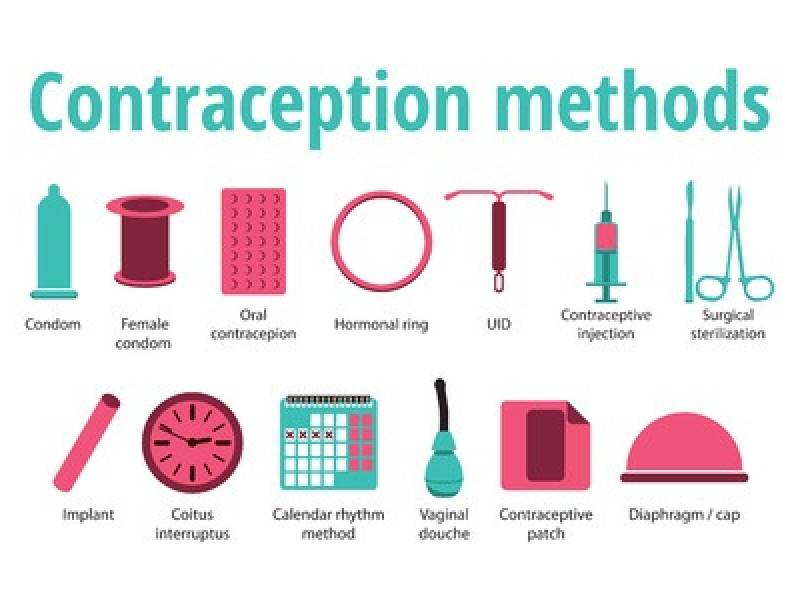Methods of disease prevention are vital strategies that individuals and communities can implement to protect their health and prevent the spread of illnesses. By adopting these methods, people can enhance their physical and mental well-being, leading to an improved quality of life. Here’s what you need to know about methods of disease prevention.
1. Balanced Nutrition
A well-balanced diet is crucial for disease prevention. Consuming a variety of foods rich in essential nutrients helps strengthen the immune system and reduce the risk of chronic diseases. Key components of a balanced diet include:
- Fruits and vegetables: Packed with vitamins, minerals, and antioxidants, they help combat oxidative stress.
- Whole grains: Sources of fiber that aid digestion and maintain a healthy weight.
- Lean proteins: Such as fish, poultry, legumes, and nuts, which are essential for muscle repair and overall health.
- Healthy fats: Including avocados, olive oil, and nuts that support brain health.
2. Regular Physical Activity
Engaging in regular physical activity is another essential component of methods of disease prevention. Exercise has numerous health benefits, including:
- Reducing the risk of chronic diseases like heart disease, diabetes, and obesity.
- Improving mental health by reducing symptoms of anxiety and depression.
- Enhancing overall well-being and increasing energy levels.
Aim for at least 150 minutes of moderate aerobic activity or 75 minutes of vigorous activity each week, combined with strength training exercises at least twice a week.
3. Vaccination
Vaccination is one of the most effective methods of disease prevention. Vaccines help protect individuals and communities from infectious diseases by stimulating the immune system to recognize and fight pathogens. Key vaccines include:
- Flu vaccine: Protects against seasonal influenza.
- COVID-19 vaccine: Aids in preventing severe illness and spread of the virus.
- Childhood vaccinations: Such as measles, mumps, rubella (MMR), and varicella (chickenpox).
Staying up-to-date with vaccinations can significantly reduce the risk of outbreaks and protect vulnerable populations.
4. Good Hygiene Practices
Maintaining good hygiene is essential for disease prevention. Simple practices can significantly reduce the spread of infections, including:
- Handwashing: Regularly washing hands with soap and water for at least 20 seconds can eliminate germs. Hand sanitizer with at least 60% alcohol is a good alternative when soap is unavailable.
- Food safety: Properly handling and cooking food can prevent foodborne illnesses. Always wash fruits and vegetables and ensure meats are cooked to the appropriate temperatures.
- Respiratory hygiene: Covering your mouth and nose with a tissue or your elbow when sneezing or coughing can prevent the spread of respiratory infections.
5. Regular Health Screenings
Routine health screenings are vital in identifying potential health issues early. Regular check-ups can lead to early diagnosis and treatment, which can significantly improve outcomes. Common screenings include:
- Blood pressure checks: To monitor cardiovascular health.
- Cholesterol and blood sugar tests: To assess the risk of heart disease and diabetes.
- Cancer screenings: Such as mammograms, Pap smears, and colonoscopies, which can detect cancers early when they are most treatable.
6. Stress Management
Chronic stress can weaken the immune system and increase susceptibility to diseases. Implementing stress management techniques can improve overall health. Effective methods include:
- Mindfulness and meditation: Practices that promote relaxation and reduce anxiety.
- Physical activity: Exercise can help reduce stress levels and improve mood.
- Social connections: Building and maintaining strong relationships can provide emotional support and reduce feelings of isolation.
7. Adequate Sleep
Quality sleep is crucial for disease prevention. Lack of sleep can compromise the immune system and increase the risk of chronic conditions. Adults should aim for 7-9 hours of quality sleep per night. Good sleep hygiene practices include:
- Maintaining a consistent sleep schedule.
- Creating a restful environment by minimizing light and noise.
- Avoiding screens before bedtime to enhance melatonin production.
Conclusion
Implementing effective methods of disease prevention can significantly enhance individual and community health. By focusing on balanced nutrition, regular physical activity, vaccinations, good hygiene practices, regular health screenings, stress management, and adequate sleep, individuals can take proactive steps towards a healthier future. Remember, prevention is always better than cure.
(This article is for informational purposes only and does not constitute professional advice.)


Hiç yorum yok: